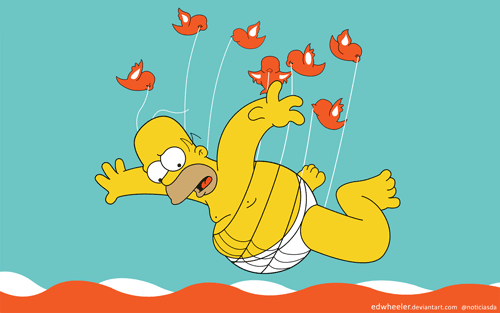Years later, the survivors discovered the Bozo Virus got its start at Escola de Clown de Girona, near the end its semester.
The “Esclowna” was a kind of university/prep school for the international clowning set. The buffoons-in-training lived in common dorm rooms, and shared everything, so the virus spread easily within the school. There it incubated. (The school was at least 30 kilometers from the nearest village in Spain.)
They developed flu-like symptoms, and then recovered, but of course, everyone at the school was a clown, or a clown-in-training, already. So the worst of the symptoms went unnoticed, until after they matriculated. When the school year was over, the faculty, staff and students went to their respective home countries, throughout the world, and began to perform as clowns: at birthday parties, in old folks homes, in circuses, at rodeos, and on the street.
At first the virus was spread by contact. Then it mutated and became airborn. By the time authorities realized they had a pandemic on their hands, the virus had mutated again: you could catch it by even seeing a clown. By then it was too late. Only the most extreme coulrophobes and the naturally immune were spared the ravages of the disease: first flu-like, then the outbreaks of Red Nose, Sad Face, Happy Face, and of course, the grotesque, frizzy, multi-colored Goofy Hair.
The economy ground to a halt because of employee absences as the victims of the Bozo Virus spent their days making balloon animals, pulling down one another’s pants, and stuffing too many of themselves into small vehicles. (Many of these victims suffocated, instead of suffering the fate of the rest.)
The infection rate was 99 percent, and except for a few cases where it was possible to restrain the victim, lethal. The Bozo Virus was a cruel task-master. The infected could think of nothing else but clowning. Every moment they were conscious, they spent coming up with routines, acts, and “bits”. They didn’t eat. They didn’t drink. They only slept when their bodies ran out of energy. Eventually, they succumbed to the diesease, and no amount of horn honking could rouse them.
The survivors all agreed it was a tragedy. Hilarious, but a tragedy.

 The Phrase Freak heartily supports the efforts of Lake Superior State University to find those words that are most obnoxious, most odious, and clearly damaging to the glory that is the English language. However, this year’s list is a little weak.
The Phrase Freak heartily supports the efforts of Lake Superior State University to find those words that are most obnoxious, most odious, and clearly damaging to the glory that is the English language. However, this year’s list is a little weak.
